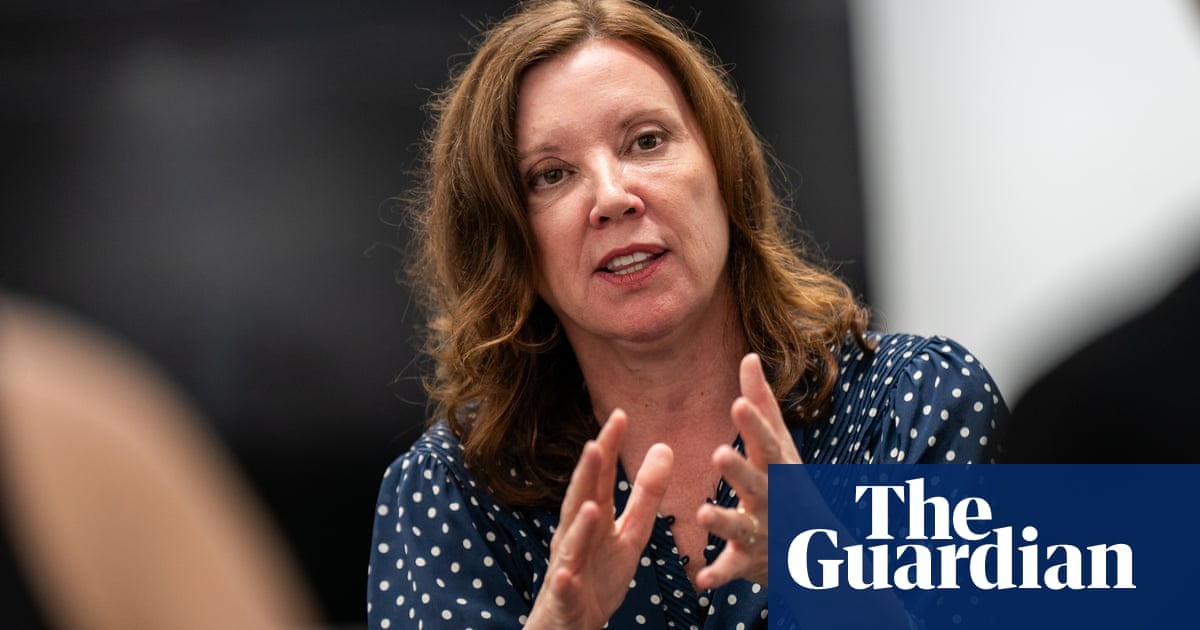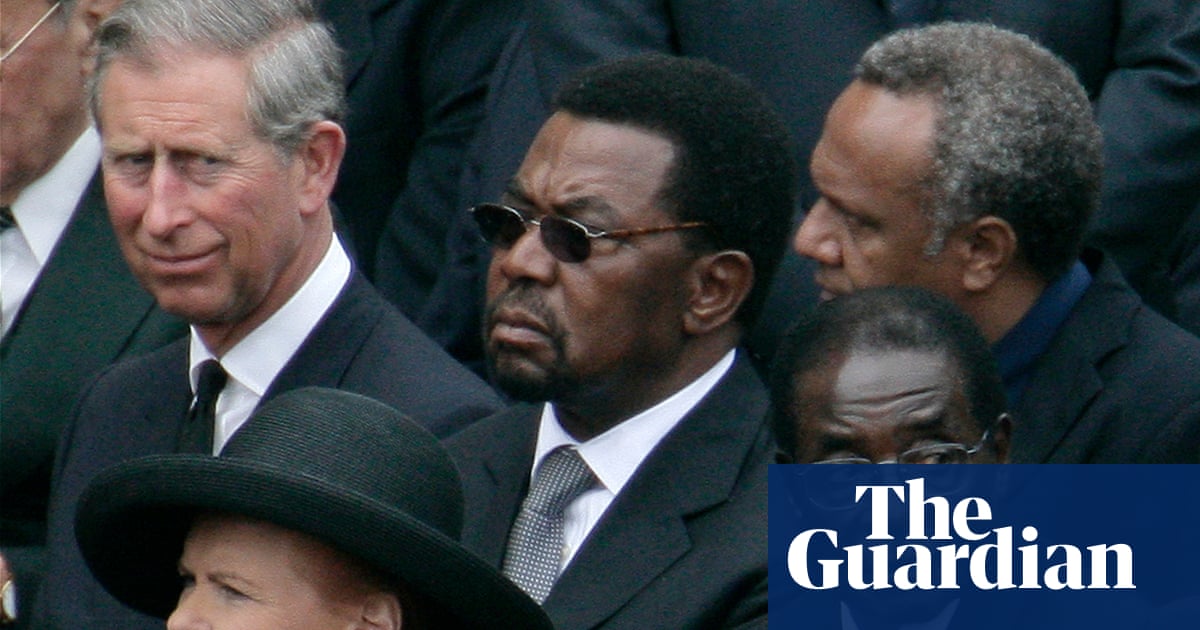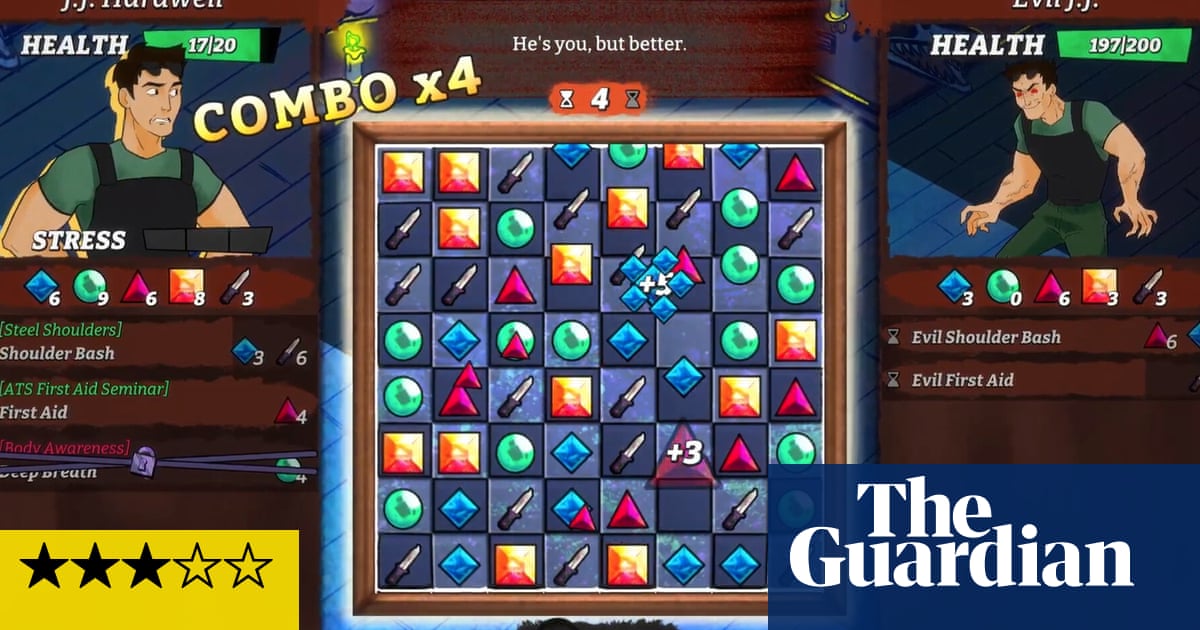In the 1970s, Howard Brenton wrote The Churchill Play, provoking furious newspaper pieces and a testy TV encounter with Melvyn Bragg. In a future (1984) totalitarian Britain, internees at the Churchill internment camp staged a play in which the second world war leader rose from lying in state to endure insults including: “People won the war. He just got pissed with Stalin.”
That reference was to peace conferences from 1943-45, also including President Roosevelt. But, five decades on, Brenton has written about a lesser-known, frequently inebriated August 1942 encounter between the British and Russian leaders at a time when, as Churchill in Moscow presents it, each ally feared the other was about to lose to Hitler.
Brenton’s talents for spikily poetic dialogue and laugh-aloud gags remain remarkably intact. But, whereas The Churchill Play was the work of an ideologically driven “political dramatist”, Churchill in Moscow comes – like his Harold Macmillan drama Never So Good (2008) and partition play Drawing the Line (2013) – from a dramatist of politics. Such are the knotty historical details and quiet wider resonances – such as diplomacy not necessarily involving conversation with who you would choose – that any Bragg standoff over this one would be on In Our Time. And, fittingly, as Brenton has added to a very small group of major plays written by octogenarians that includes Leopoldstadt, the play feels Stoppardian in its concern with the comedy of communication.

Aural perspective keeps ingeniously changing. As Roger Allam’s Churchill directly addresses Peter Forbes’s Stalin, or conversely, nonsensical syllables emerge, representing linguistic incomprehension. At other times, translators Sally and Olga (Jo Herbert and Elisabeth Snegir, both superb) interpret for us, sometimes misleadingly (both leaders are prone to eccentric metaphor) and later mischievously. Dispensing with aides, as leaders seeking entente are prone to do, the men conduct an astonishing final negotiation through grunts, mimes and toasts. With a nuance typical of later Brenton, the millions Stalin murdered are invoked but also, though without equivalence, Churchill’s lethal decisions over Coventry and India.
Forbes speaks English with a West Country accent, suggesting Stalin’s strong rural dialect. Allam is properly posh, although, as he plays various Churchills (private/public/as heard by Russians) sensibly plays down the slushy booming of standard impersonations. As the British ambassador, Alan Cox amusingly agonises behind English manners about his boss’s recklessness. Some modern diplomats may empathise. Newcomer Tamara Greatrex is affecting as Stalin’s daughter Svetlana but her not entirely necessary scenes sometimes weaken the ferocious focus of Tom Littler’s staging of an important play by a great theatrical survivor.

.png) 2 months ago
29
2 months ago
29













































